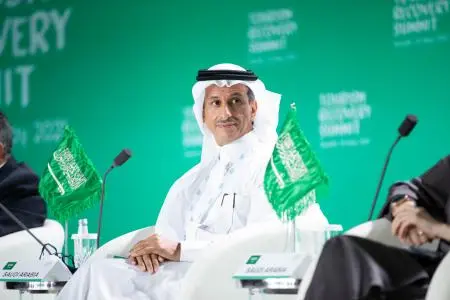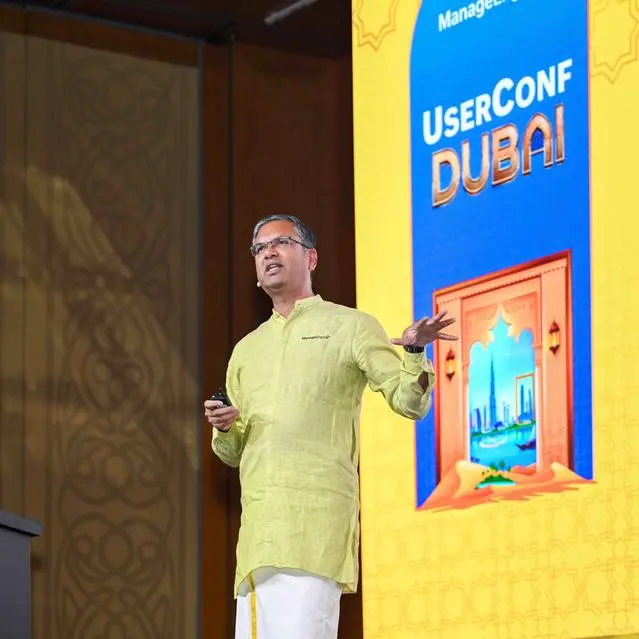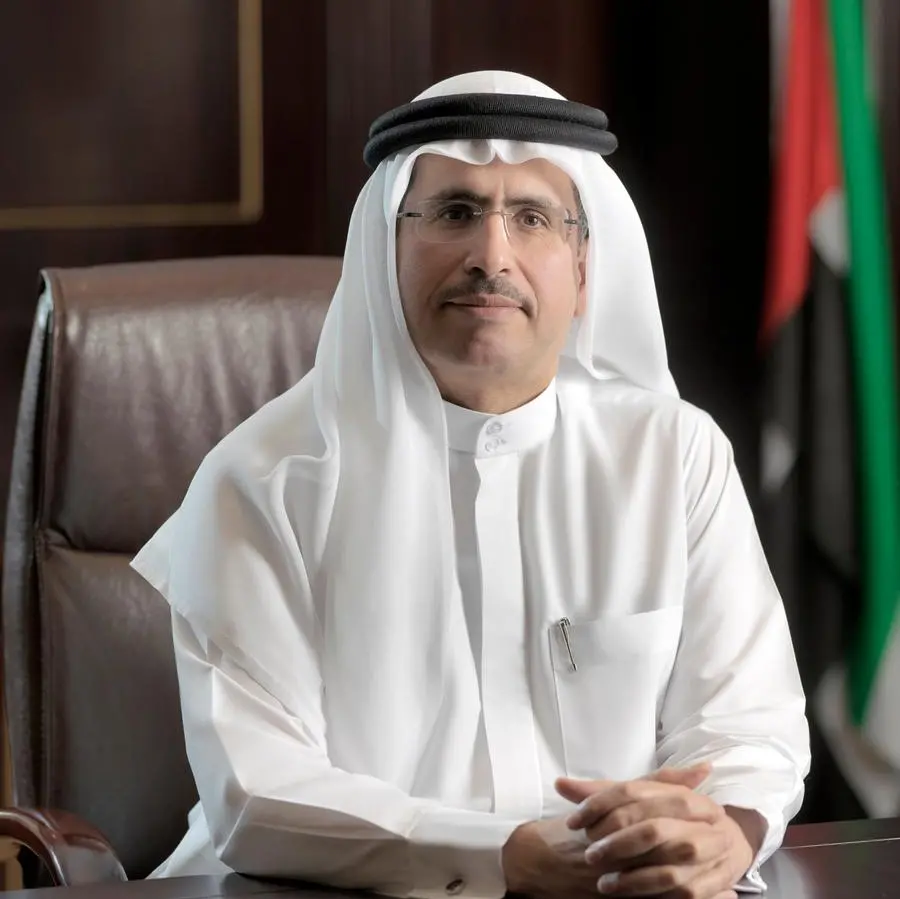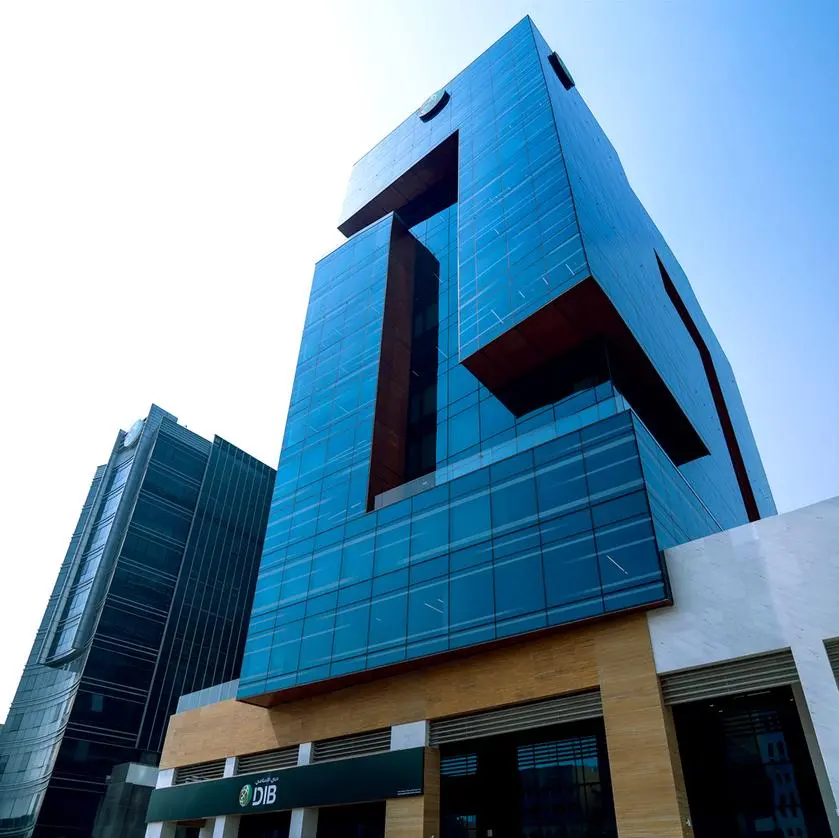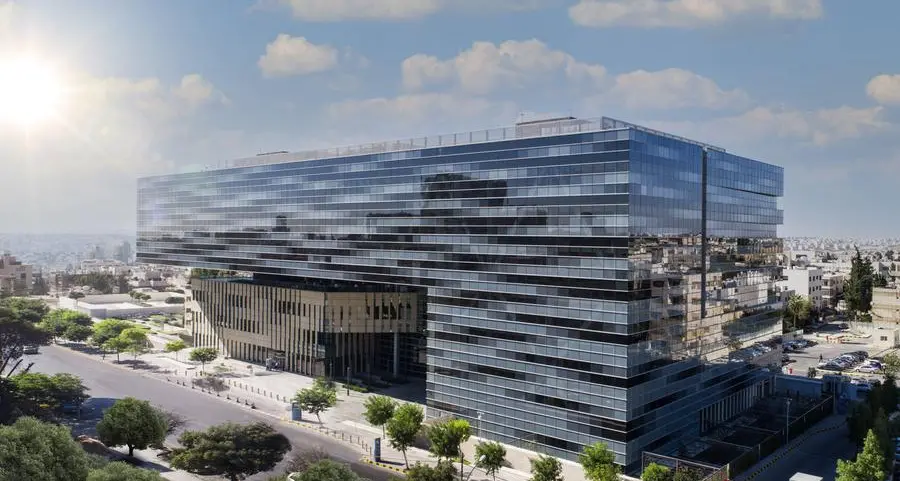PHOTO
- Landmark collaboration among World Bank, Saudi Ministry of Tourism and UNWTO, aiming to establish a global Multi-Donor Trust Fund exclusively devoted to tourism.
Riyadh, Saudi Arabia: Saudi Arabia has become the first country to pledge financial support to the Tourism Community Initiative, welcomed in the 2020 G20 Riyadh Leaders' Declaration and the Diriyah Communiqué for the Tourism Working Group, and aligned with the AlUla Framework.
The Saudi Ministry of Tourism, the World Bank, and the World Tourism Organization (UNWTO) signed a Memorandum of Understanding (MoU) outlining their commitment to collaborate on the activation of the Tourism Community Initiative. This collaboration is aimed at building an inclusive and resilient tourism ecosystem that leads to job creation, the development of the private sector, and economic growth through a range of demand-driven investments in line with country needs, development strategies, and global sustainable development objectives. The signing of the MoU took place in Riyadh during the official opening of the first UNWTO regional office outside of the Madrid HQ.
The collaboration aims to include a global Multi-Donor Trust Fund (MDTF) to be established by the World Bank, proposed to support the growth of tourism as a key driver of economic development. It would be the first global World Bank fund devoted exclusively to the tourism sector. The fund is intended to benefit developing countries around the world by building an inclusive, resilient tourism ecosystem and support people who depend on the sector for their livelihoods. The fund aims to raise a total of USD 500 million in its 5-year first phase. Saudi Arabia has committed the first USD 100 million and joined the World Bank in inviting other countries to contribute to the global fund.
His Excellency Ahmed Al Khateeb, Saudi Minister for Tourism, said: “Tourism is a significant force for good, contributing more than 10 percent of global GDP and supporting one in every ten jobs worldwide. Yet, many countries that have not been able to benefit from tourism to build their economies, communities and livelihoods,”
“At last year’s G20 meeting we pressed for a global commitment to support communities with high tourism potential in taking advantage of the opportunities that sustainable and inclusive tourism can offer. That commitment was enshrined in UNWTO’s AlUla Framework for Inclusive Community Development Through Tourism. The collaboration and the envisioned global World Bank fund as mentioned in the signed MoU are aligned with that Framework,” he added.
“This initiative has support at the highest levels of all three organization and we are committed to working together towards the advancement of the tourism sector globally” said Issam Abousleiman, Regional Director for the Gulf Cooperation Council Countries at the World Bank. “Cross-border, multi-lateral collaboration is essential to rebuilding and enhancing the global tourism sector, especially after the impact that the pandemic has had in terms of travel restrictions and impact on economies and livelihoods. Once established later this year, the proposed global fund will provide valuable support to poor communities and small businesses to be able to benefit of the socio-economic benefits that tourism brings, while keeping in focus the need for safe, sustainable and above all enjoyable travel.”
“This collaboration is a landmark initiative that brings together UNWTO’s tourism expertise, the World Bank’s developmental and financial capabilities and Saudi Arabia’s commitment to support the growth of the global tourism sector,” said Zurab Pololikashvili, UNWTO Secretary General. “This level of cooperation across governments and multi-lateral institutions is what we need to restart and rebuild tourism. It also reflects UNWTO’s commitment to facilitate the creation of a finance framework and architecture that will build resilience and drive sustainable and inclusive development for both economies and societies, fully in line with the 2030 Agenda for Sustainable Development.”
The Tourism Community Initiative was conceived at last year’s G20 meeting, which was chaired by Saudi Arabia and had tourism at the top of the agenda. The AlUla Framework for Inclusive Community Development Through Tourism was developed by UNWTO and the G20 Tourism Working Group and called for collaboration to “build back better” towards a more sustainable, inclusive, and resilient model of tourism.
“Tourism has vast potential and can be instrumental in addressing many of the challenges faced by host communities, especially when those communities are small and remote,” said, His Excellency Ahmed Al Khateeb. “Our collaboration with the World Bank and UNWTO and the envisioned global fund mark the first steps on a robust roadmap for recovery that will provide opportunities for empowerment, education and entrepreneurship to people from all walks of life and ensure that tourism remains a sector of hope.”
-Ends-
© Press Release 2021
Disclaimer: The contents of this press release was provided from an external third party provider. This website is not responsible for, and does not control, such external content. This content is provided on an “as is” and “as available” basis and has not been edited in any way. Neither this website nor our affiliates guarantee the accuracy of or endorse the views or opinions expressed in this press release.
The press release is provided for informational purposes only. The content does not provide tax, legal or investment advice or opinion regarding the suitability, value or profitability of any particular security, portfolio or investment strategy. Neither this website nor our affiliates shall be liable for any errors or inaccuracies in the content, or for any actions taken by you in reliance thereon. You expressly agree that your use of the information within this article is at your sole risk.
To the fullest extent permitted by applicable law, this website, its parent company, its subsidiaries, its affiliates and the respective shareholders, directors, officers, employees, agents, advertisers, content providers and licensors will not be liable (jointly or severally) to you for any direct, indirect, consequential, special, incidental, punitive or exemplary damages, including without limitation, lost profits, lost savings and lost revenues, whether in negligence, tort, contract or any other theory of liability, even if the parties have been advised of the possibility or could have foreseen any such damages.
